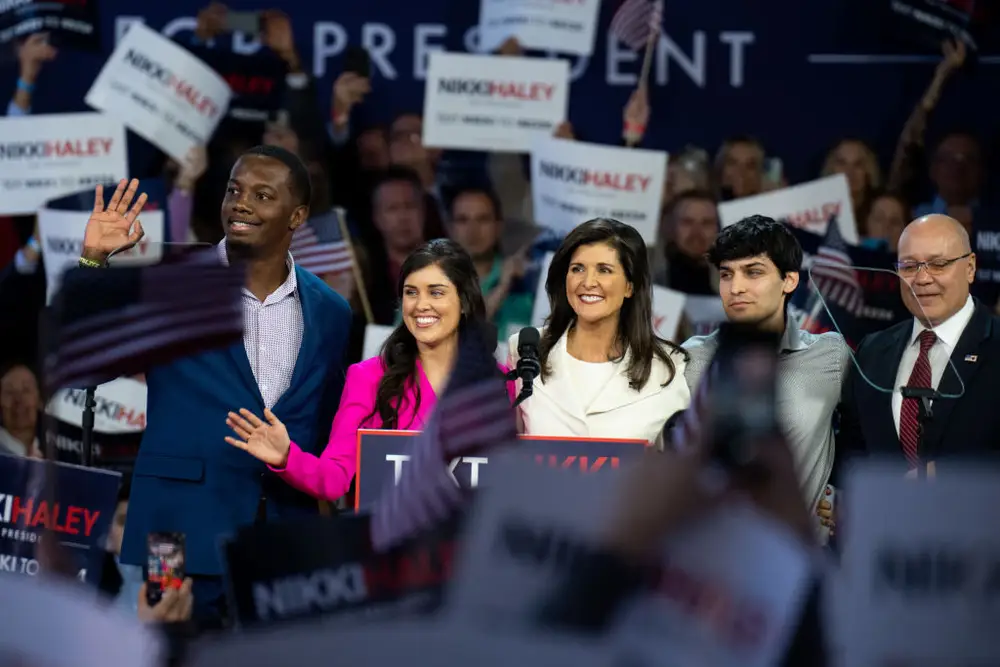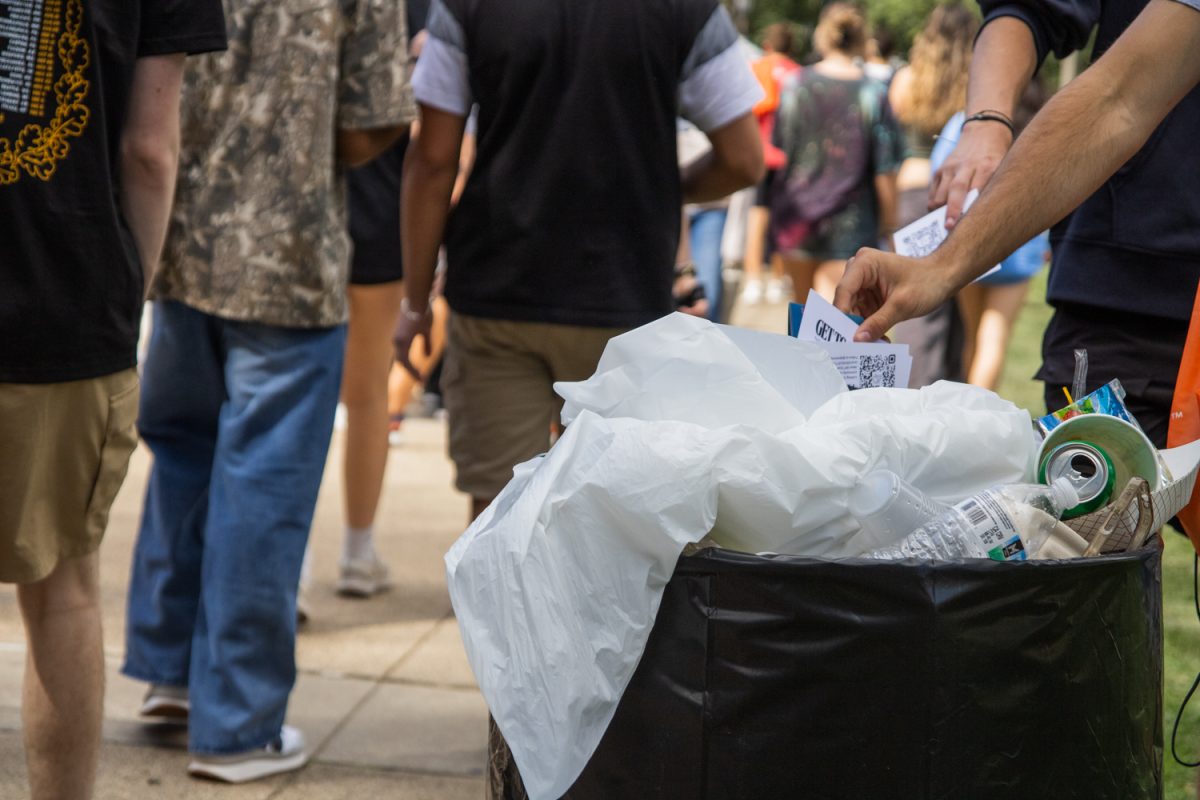In the wake of the recent third Republican presidential debate, one glaring omission stood out like an elephant in the room — or should I say the elephant not in the room? Much like how Donald Trump has been literally absent from the debates, he also appears to be absent in the constant attacks from the candidates on each other.
The clear leader in the polls, a tracker from The New York Times noted that the former president was only talked about for a measly 56 seconds in the nearly two-hour debate.
The candidates know there’s a reason Trump is leading so much in the polls. His fundamental transformation of the GOP’s values from a more traditionally conservative approach to a wave of populism has resonated strongly with a significant segment of the Republican voter base.
The candidates, acutely aware of this shift, find themselves walking a tightrope, attempting to distance themselves from Trump’s more controversial actions while not alienating his fervent supporters.
It doesn’t help that Trump’s frequently bombastic rhetoric is largely about what others have had to say about him. The last thing any of the candidates on the debate stage want is to be the brand-new target of Trump’s rhetoric, and therefore have his millions of supporters not consider them as a potential alternate to their primary choice.
Get The Daily Illini in your inbox!
Well, it’s no secret that this “strategy” to not challenge Trump on the debate stage isn’t working. The polls have remained the exact same, at least where Trump is concerned, despite the now three chances his opponents have had to change that.
These candidates, exchanging blows like “scum,” need to direct that feisty energy toward the former president if they seriously want to have a chance to win the bid to be the Republican candidate for president next year. With such an outside chance already, they have nothing to lose.
Perhaps the candidates, which include Florida Gov. Ron Desantis, former South Carolina Gov. Nikki Haley and entrepreneur Vivek Ramaswamy, hope that Trump is somehow forced out of the race.
Trump’s 92 criminal allegations speak for themselves, and perhaps the candidates believe that he will not be allowed to run. This way, by not attacking him during the debates, they hypothetically wouldn’t lose his supporters if that did happen.
However, this expectation rests on shaky ground. Trump’s ability to weather controversies is well-documented, evident from his victory in the face of numerous historical scandals during the previous election. Barring a truly seismic development, it seems unlikely that the legal troubles alone would be sufficient to prevent Trump from pursuing another presidential bid.
The candidates need to confront the reality that, at least for now, Trump is still the leading force in the Republican Party. Neglecting to challenge him on the debate stage not only fails to address the concerns voters may have about him, but also sets the candidates back in their prospects for pursuing the bid.
To have any hope of securing the Republican nomination, the candidates must pivot their strategies. It’s time for them to realize that bypassing the Trump question does not make it disappear; rather, it lets it grow unchecked.
George is a junior in LAS.












